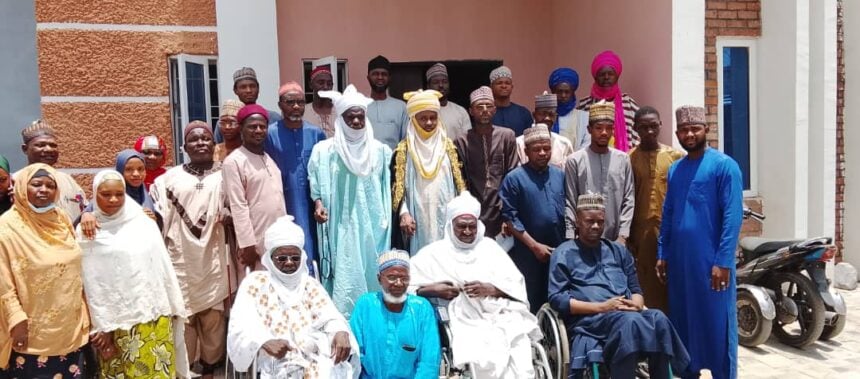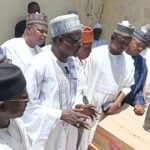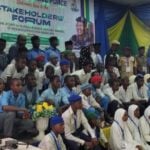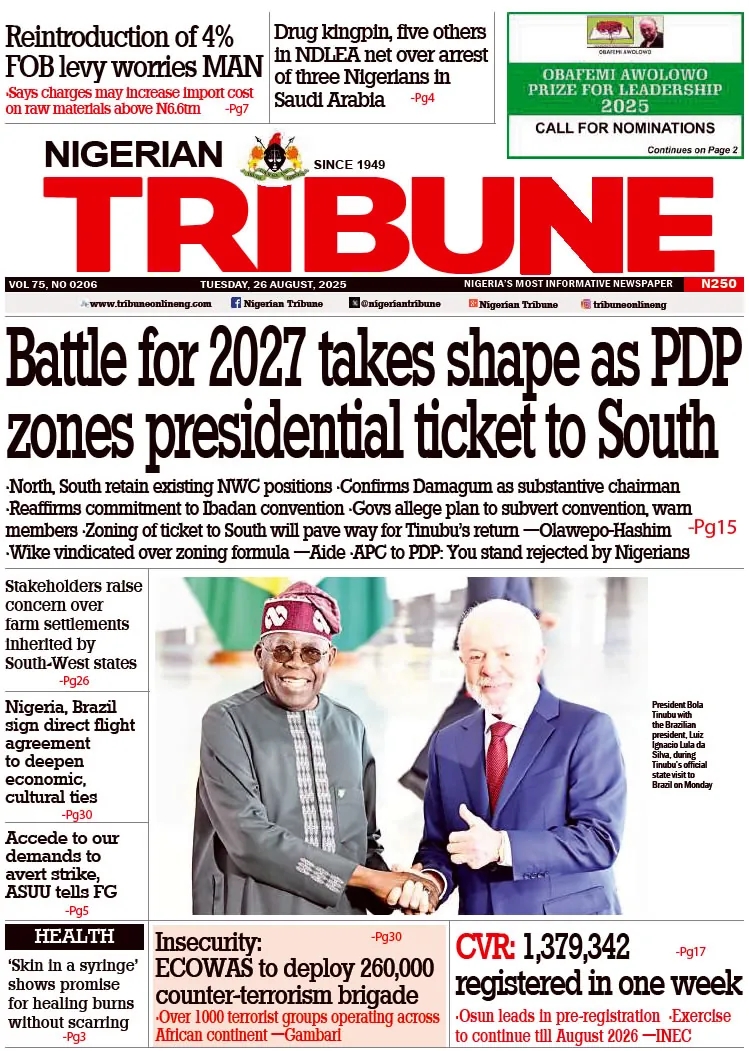The Centre for Information Technology and Development (CITAD) has said that the country cannot speak of inclusion if people living with disabilities are not part of the digital conversation.
This was just as the body added that “Societies are judged not by how they treat the powerful, but by how they empower the vulnerable.”
This was stated on behalf of CITAD’s Executive Director by Senior Programme Officer Isah Garba at the recently concluded two-month digital literacy and administrative training for staff of the Institute of Skills Acquisition Centre for Persons Living with Disabilities (PWDs) in Kano State.
According to him, the training covered computer literacy, financial management, and proposal writing.
At a graduation event held at CITAD’s office in Kano, representatives from the Kano State Government, traditional institutions, civil society organisations, and the media attended.
Garba said, “We can’t speak of inclusion if people living with disabilities are not part of the digital conversation. This training is not just about institutional development—it’s about opening opportunities for those long excluded.”
Programme Coordinator for Persons with Disabilities at CITAD, Hamza Aminu Fagge, urged stakeholders to support the PWD Centre. “This centre works, and it’s worth supporting,” he said. “Societies are judged not by how they treat the powerful, but by how they empower the vulnerable.”
Representing the Secretary to the State Government, Dr Bashir Abdu Muzakkari, Special Adviser on Digital and Creative Economy, said, “Governor Abba Kabir Yusuf’s vision is clear—no one should be left behind in technology or governance. CITAD has demonstrated the power of partnerships in achieving digital equity.”
He added that the government is open to further collaboration with organisations working on inclusive technology.
Participants shared how the training had affected them.
“Before this training, technology felt distant,” said Saifullahi Muktar. “Now, we can not only use computers, but also manage budgets and write proposals. We are ready to lead.”
Fatima Sulaiman said, “They didn’t just teach us skills—they taught us to believe in ourselves. We want this to continue and reach more people. Disability is not inability.”
The event ended with the presentation of certificates and a call for continued support for similar programmes.
ALSO READ FROM NIGERIAN TRIBUNE
WATCH TOP VIDEOS FROM NIGERIAN TRIBUNE TV
- Let’s Talk About SELF-AWARENESS
- Is Your Confidence Mistaken for Pride? Let’s talk about it
- Is Etiquette About Perfection…Or Just Not Being Rude?
- Top Psychologist Reveal 3 Signs You’re Struggling With Imposter Syndrome
- Do You Pick Up Work-Related Calls at Midnight or Never? Let’s Talk About Boundaries







